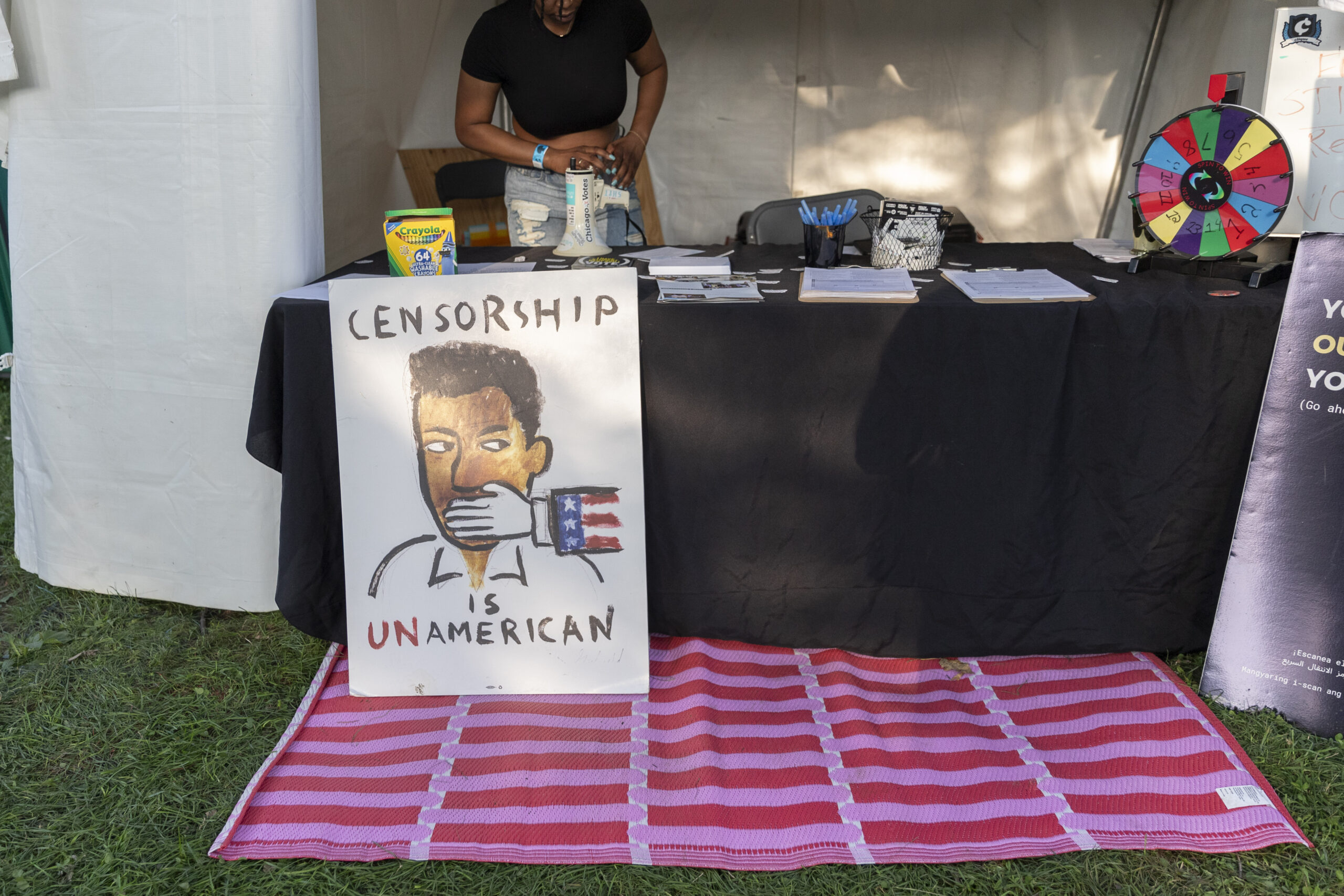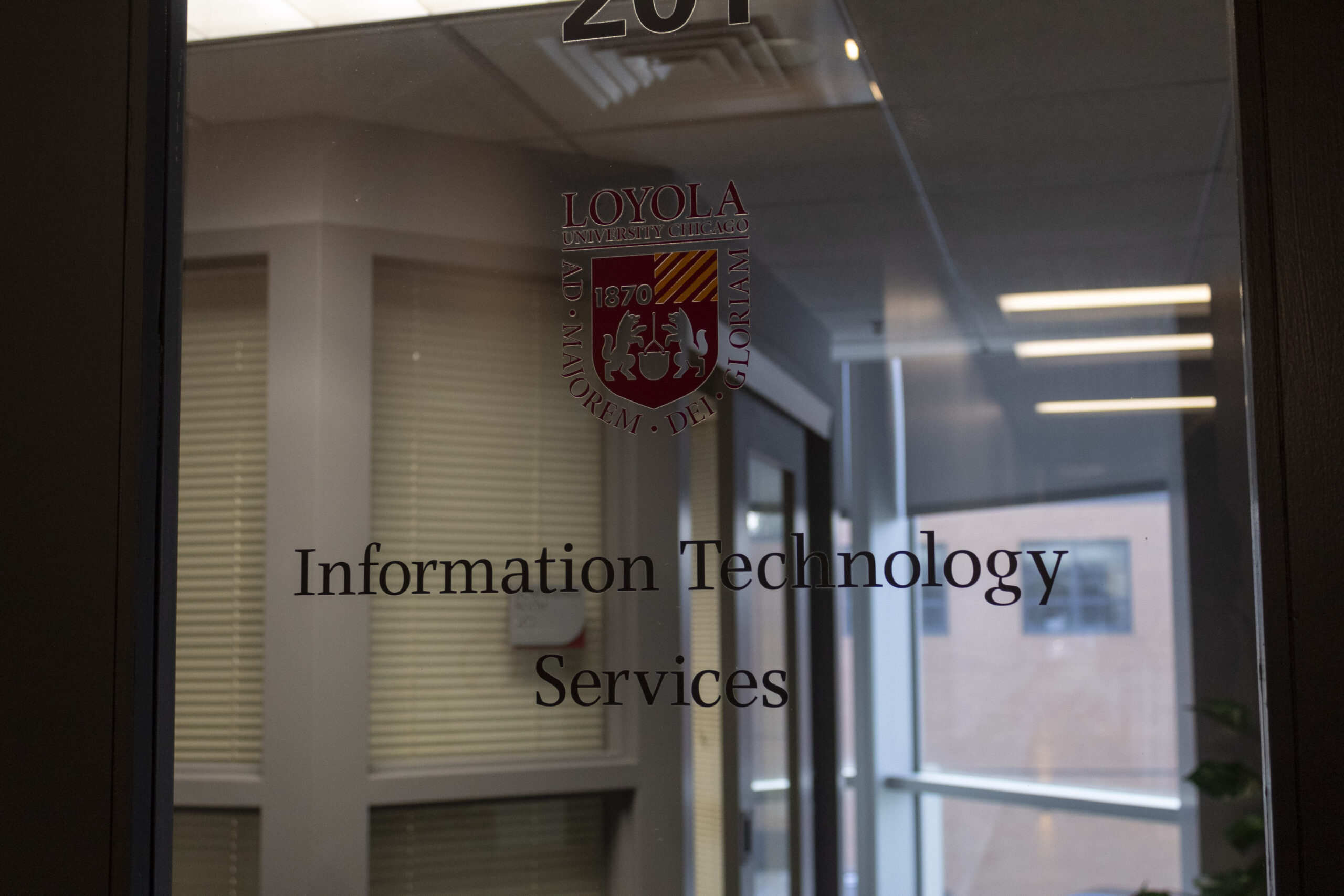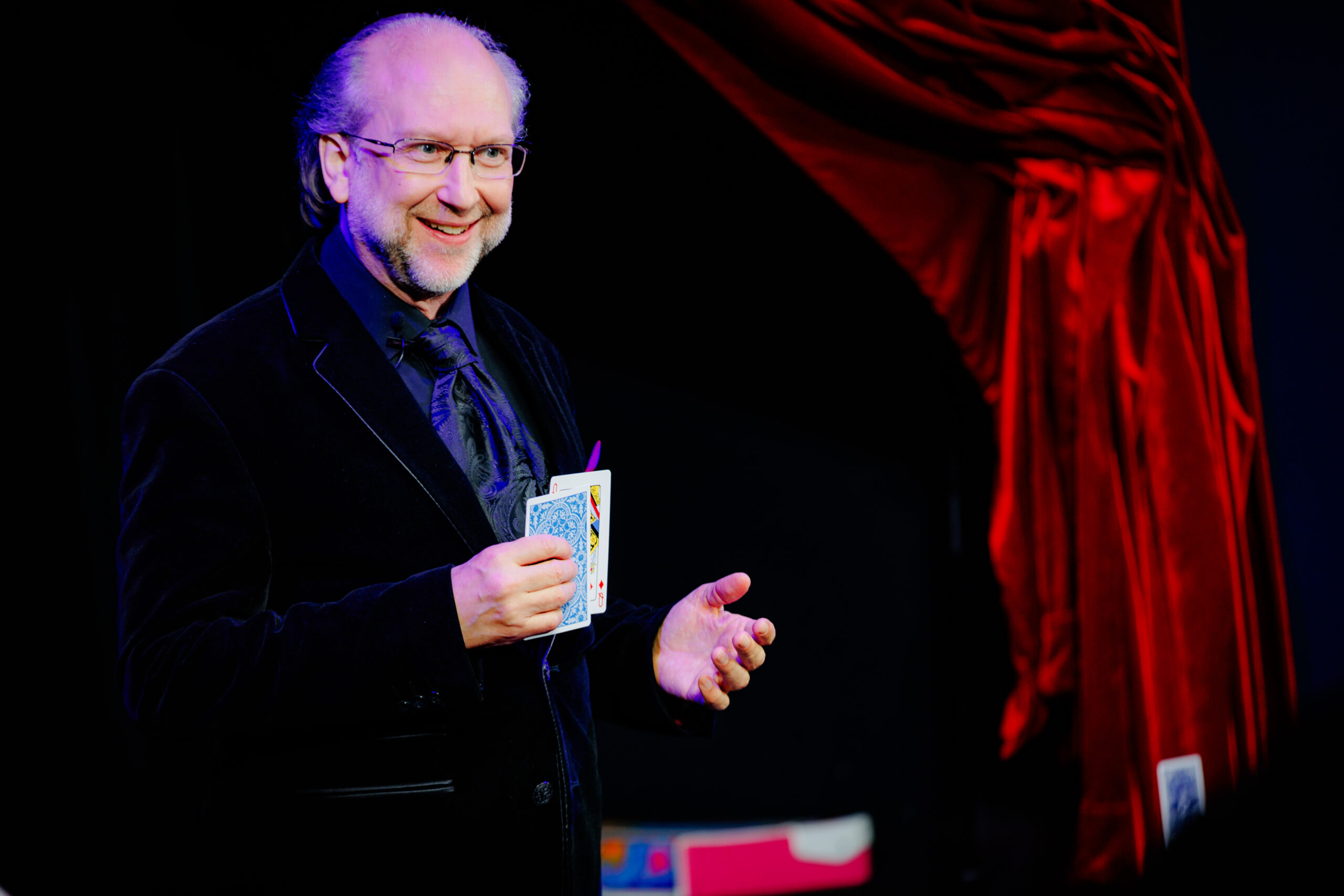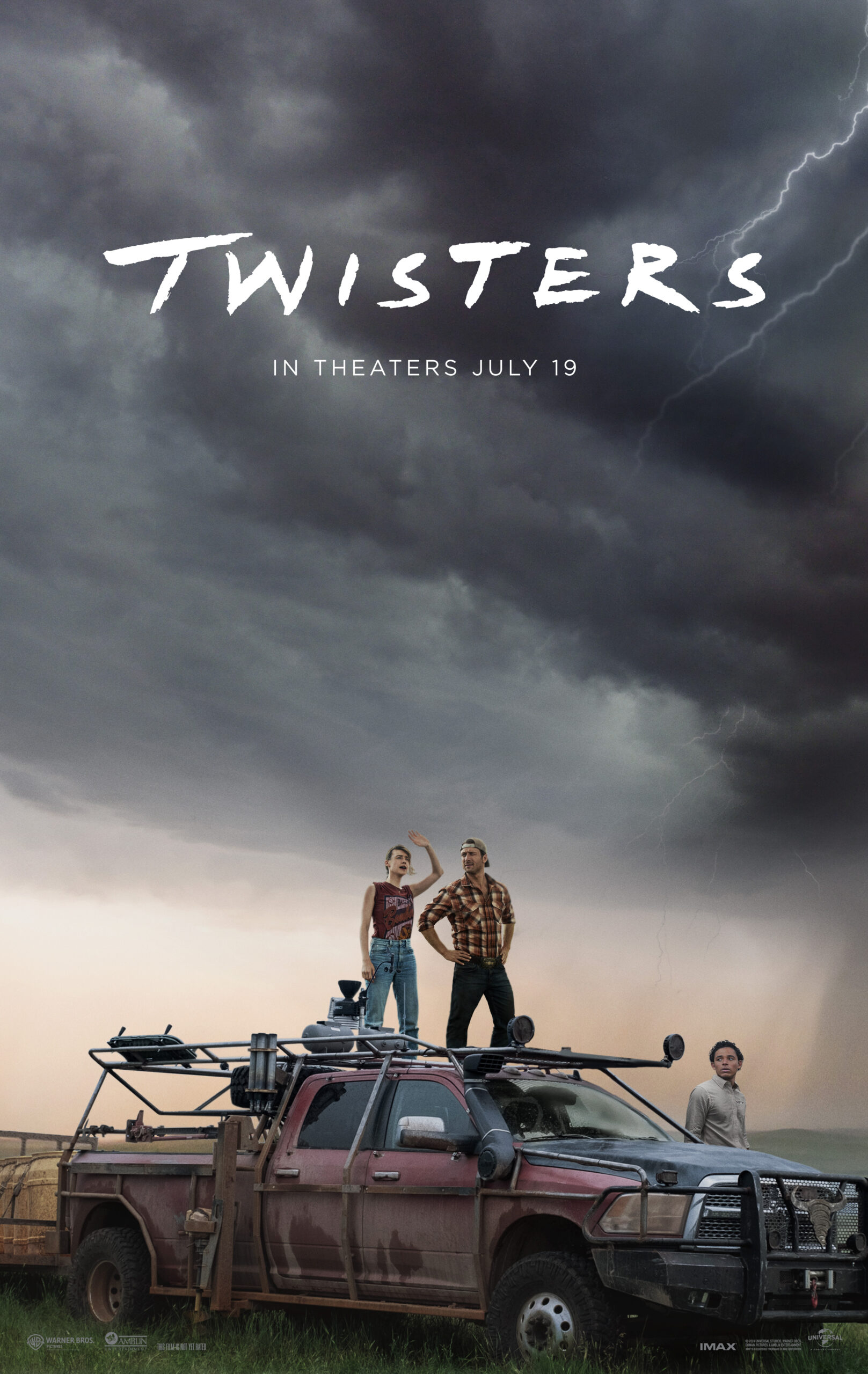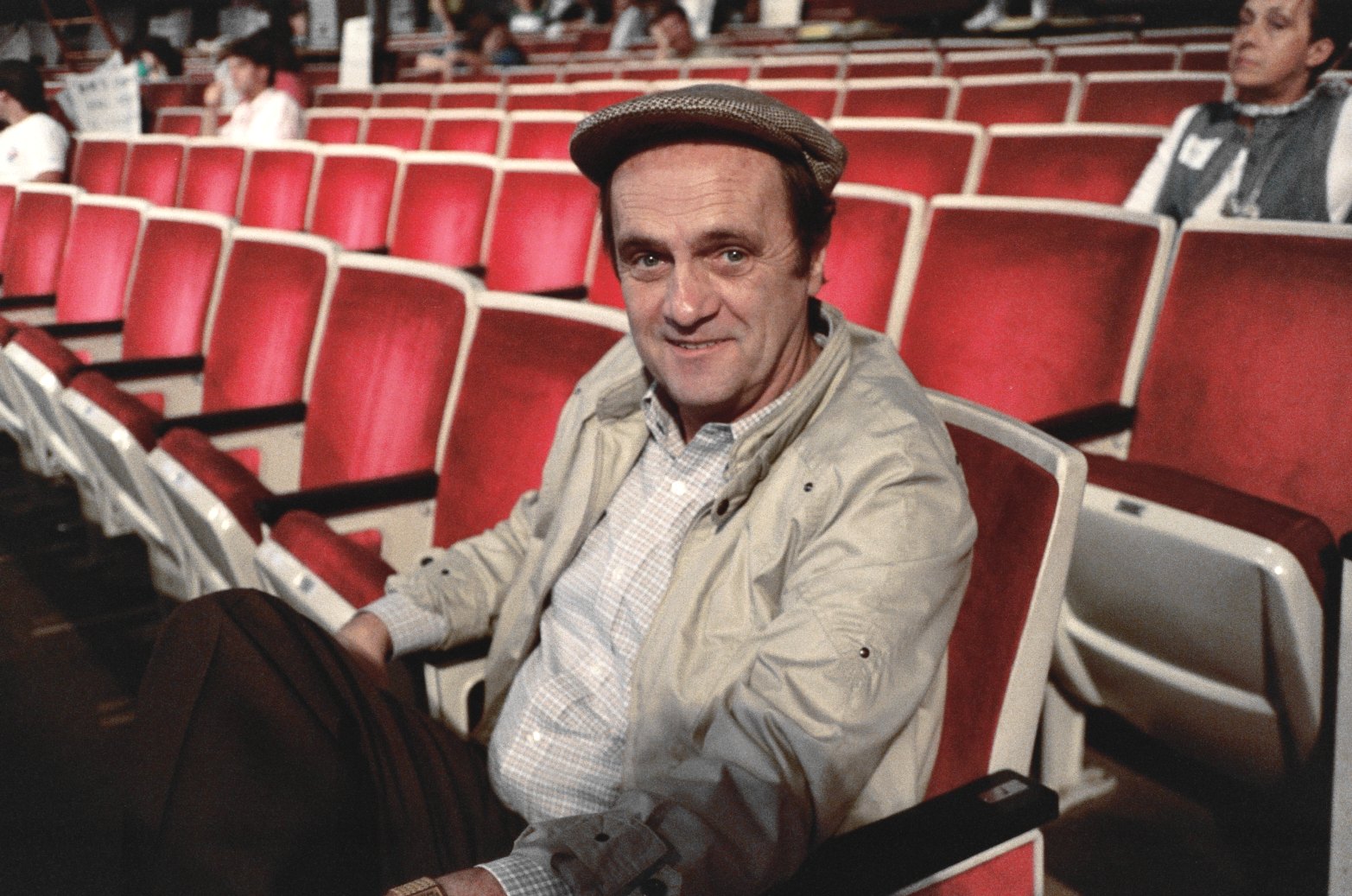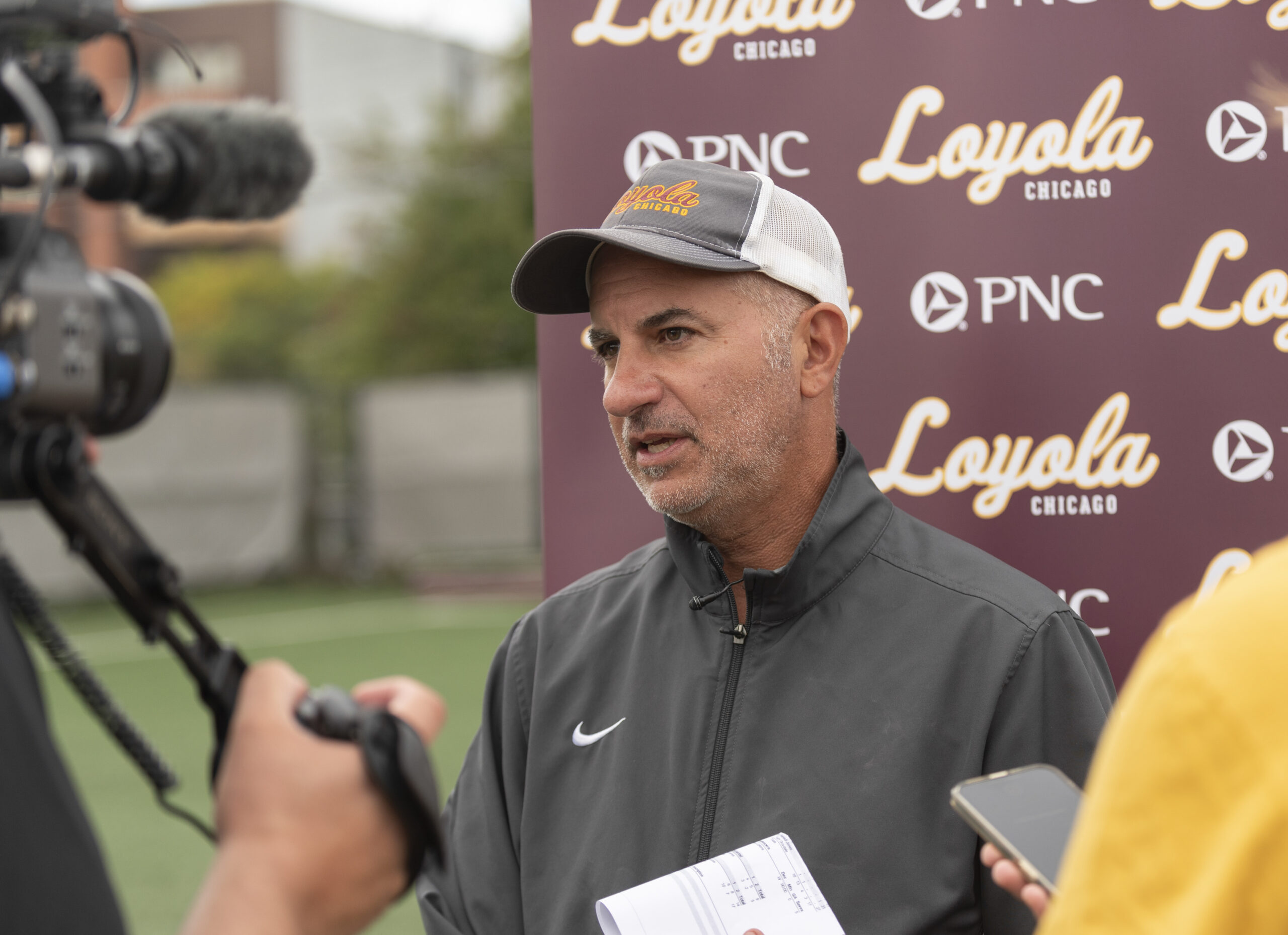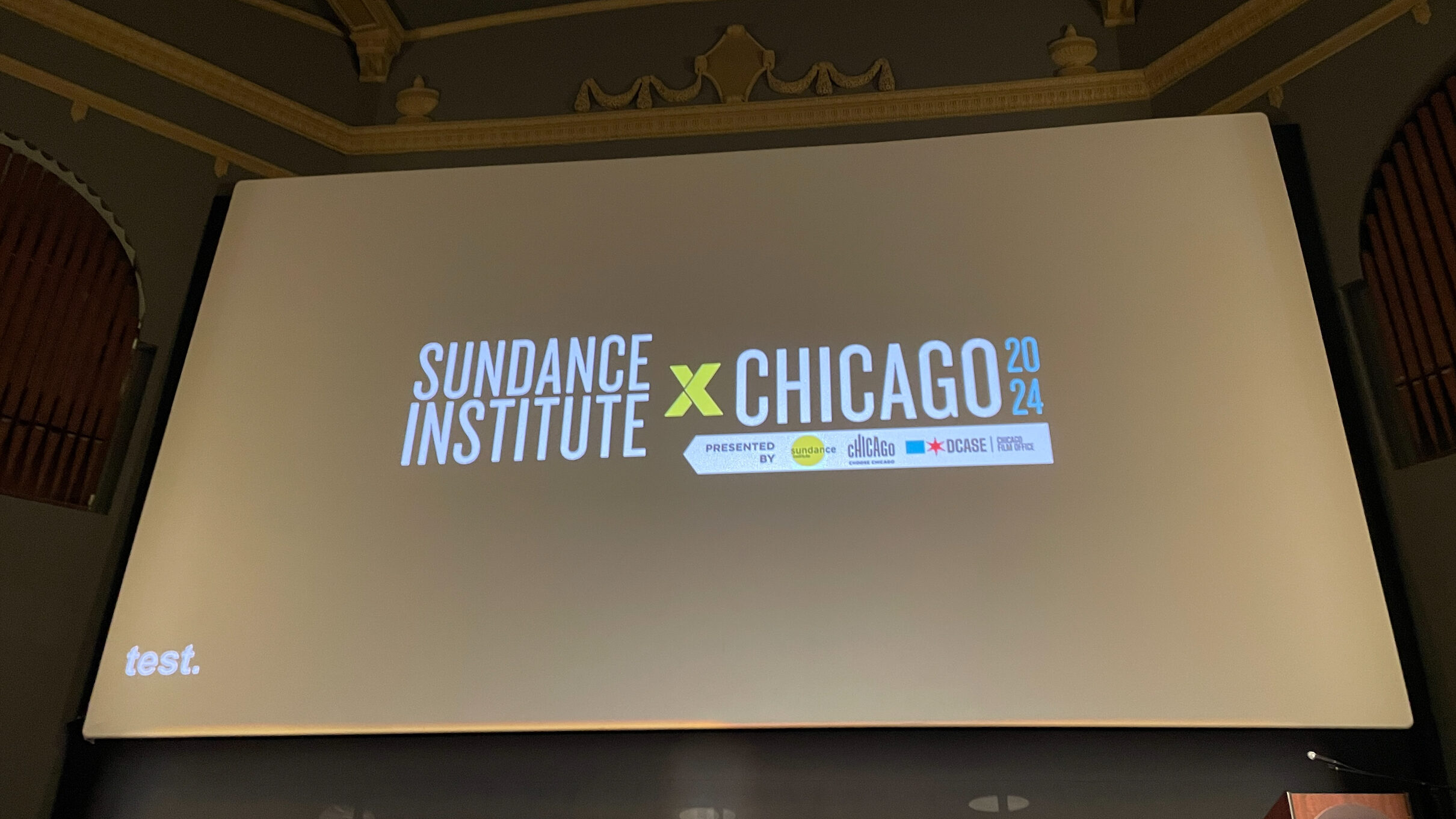Arts editor Hanna Houser talks about the constant need to post opinions on global events.
With an ongoing conflict in Israel and Gaza and persisting domestic confrontations with gun violence, our world and news cycle have molded into a continuous regurgitation of tragedy.
Born out of a desire for change comes an aptitude for taking a stance — a desire to be vocal against injustice and raise concern. The instinct to help amidst times of hardship is innate and well-intentioned. Naturally, for a generation of digital natives, the mechanism for doing so is social media.
What emerges is a mosaic of competing voices each trying to drown out the other, one infographic at a time. These circumstances make it nearly impossible to admit to a lack of knowledge. When answers to crises are delivered on a silver platter, the act of inquiring for more information seems treasonous.
Similarly, the act of staying silent becomes vilified, as if to suggest not speaking up on social media makes you complicit. The expectation of a stance increases and so does the urge to prematurely project an opinion.
Perhaps American individualism and the inflated individualism of Generation-Z are to blame. To some degree, each of us are ordained with the belief that our voice — and platform — are distinct from others, and that our opinions are rooted in a truth that others aren’t. As a country, we operate under the assumption that we are uniquely powerful, and our Instagram pages reflect that.
To compensate for the discomfort of mass casualty, we prophetize about right and wrong. To prevent ignorance, we share graphic images of death.
An unintended consequence of this is a jarring numbness afflicting myself and my peers. Fueled by the need to take a stance on social media, many have reposted, via Instagram story, photos from the horrific scenes in Gaza — followed by a selfie or dinner picture.
Generationally, we’ve stopped considering the weight of our posts and are instead compelled to share them for the sake of doing so. For many, doing so checks a box.
The phenomenon of slacktivism has never been clearer than #BlackoutTuesday, a social media movement to draw attention to the death of George Floyd — by posting a black square to one’s own feed.
Now, not only are people taking ineffective action, they’re also weighing in on a crisis many know very little about. The consequence of delivering information in a digestible way is the absence of nuance. This is crucial to understanding a conflict predating the establishment of Israel in 1948.
In 2022, for example, a poll from Pew Research Center revealed 84% of U.S. adults haven’t heard of the boycott, divestment and sanctions movement against Israel, while one third of Americans endorse a two-state solution.
More than just catalyzing the spread of misinformation, social media posts also bring the danger of oversimplification.
A professor once told me that the smartest thing a person can do is admit when they don’t know something. But the fear of appearing ignorant has rendered many to feel pressured to project a stance before seeking knowledge. The gladiator arena of online discourse, in turn, diminishes tragedy, afflicting both sides.
Vocalization also comes from self-fulfilling means. We share because we feel hurt, but we also share to be on the just side of things. Some share to be the hero.
Yet, it’s impossible to deny that history is captured by the personal archive of people through media. It’s important we discuss and circulate information pertinent to the situation to preserve its impact. But the over-insertion of personal perspective has rendered the crisis one of, “Here’s who’s right and how I’m affected,” instead of, “Here’s the tragedy at hand.”
I’m not advocating for ignorance. I’m not advocating we stray away from conversations that need to be had. I’m not advocating for complete silence and I’m not advocating for remaining neutral.
But I do believe that more people — especially students privileged enough to post from the safety of Loyola’s campus — should acknowledge when they can learn more before simply speaking.




